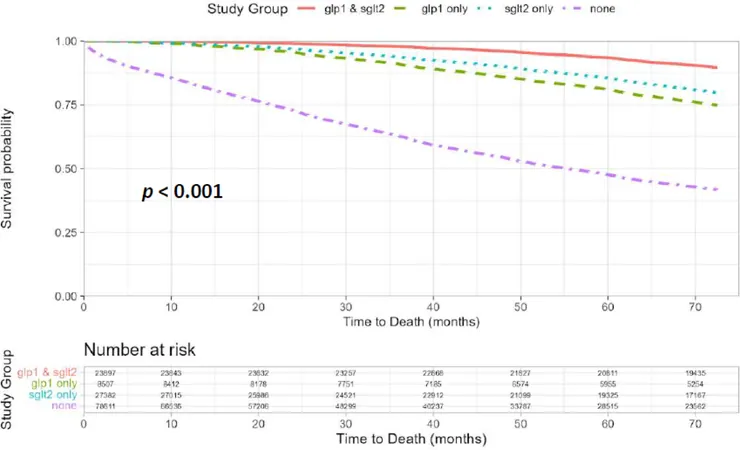
Air Pollution: A Hidden Dementia Risk Unveiled by Cambridge Scientists
2025-07-24
Author: Siti
New Research Links Air Pollution to Increased Dementia Risk
In a groundbreaking study from Cambridge University, researchers have uncovered a disturbing connection between air pollution and the risk of dementia. This comprehensive examination draws on data from over 29 million individuals, making it the largest of its kind.
The Staggering Global Impact of Dementia
Dementia currently affects around 57 million people worldwide, and projections anticipate that this number will soar to at least 150 million by 2050. As such, understanding the factors that contribute to this devastating illness is more crucial than ever.
What Pollutants Are to Blame?
The study highlights a statistically significant relationship between dementia and three major air pollutants: PM2.5, nitrogen dioxide, and soot. PM2.5 is commonly released from car emissions and power plants, while nitrogen dioxide results from fossil fuel combustion. Soot, a product of burning wood and fuels, poses additional health risks.
Results showed that for every increase of 10 micrograms per cubic meter of PM2.5, the risk of dementia rises by a striking 17%. Soot is equally alarming, with a 13% increase in risk per similar rise.
Air Quality Crisis in Major Cities
In 2023, pollution levels at roadside locations in cities like London, Birmingham, and Glasgow neared or surpassed these concerning thresholds, raising immediate alarm for public health.
Alzheimer’s Disease: The Most Common Form of Dementia
Alzheimer’s disease stands as the leading cause of dementia, currently affecting approximately 982,000 people in the UK alone. Symptoms such as memory loss, difficulty concentrating, and mood changes highlight the urgent need for preventive strategies.
Expert Insights on the Findings
Dr. Haneen Khreis, the study's senior author, emphasized that prolonged outdoor air pollution exposure is a significant dementia risk factor for healthy adults. She argues for urgent action: reducing air pollution not only benefits health but also alleviates strain on healthcare systems and supports families.
The Biological Mechanism Behind the Risk
The study also suggests that air pollution might lead to dementia through brain inflammation and oxidative stress, a process that damages essential bodily components.
Calls for Broader Research and Action
Researchers noted limitations, particularly the lack of diversity in study participants, predominantly white individuals from higher-income regions. Future research should include more marginalized groups.
Dr. Isolde Radford from Alzheimer’s Research UK reinforced the urgency of addressing this issue, labeling air pollution as a major modifiable risk factor for dementia. She insists that governmental action is essential to combat this invisible threat.
With the urgent call for a coordinated, cross-government strategy, the fight against dementia must extend beyond healthcare to tackle the root causes of air pollution, effectively protecting public health.






 Brasil (PT)
Brasil (PT)
 Canada (EN)
Canada (EN)
 Chile (ES)
Chile (ES)
 Česko (CS)
Česko (CS)
 대한민국 (KO)
대한민국 (KO)
 España (ES)
España (ES)
 France (FR)
France (FR)
 Hong Kong (EN)
Hong Kong (EN)
 Italia (IT)
Italia (IT)
 日本 (JA)
日本 (JA)
 Magyarország (HU)
Magyarország (HU)
 Norge (NO)
Norge (NO)
 Polska (PL)
Polska (PL)
 Schweiz (DE)
Schweiz (DE)
 Singapore (EN)
Singapore (EN)
 Sverige (SV)
Sverige (SV)
 Suomi (FI)
Suomi (FI)
 Türkiye (TR)
Türkiye (TR)
 الإمارات العربية المتحدة (AR)
الإمارات العربية المتحدة (AR)